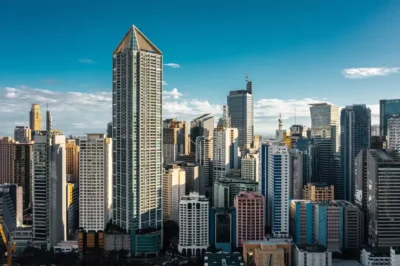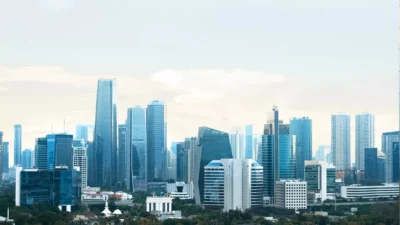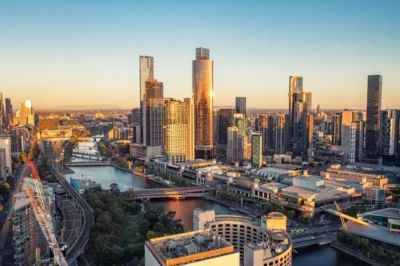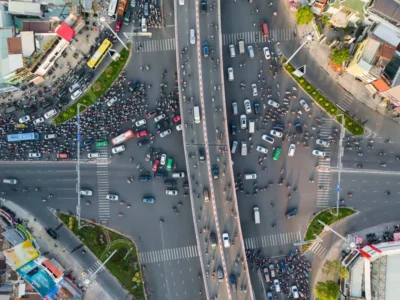Asia Pacific’s largest markets eyed by hotel investors, and more headlines
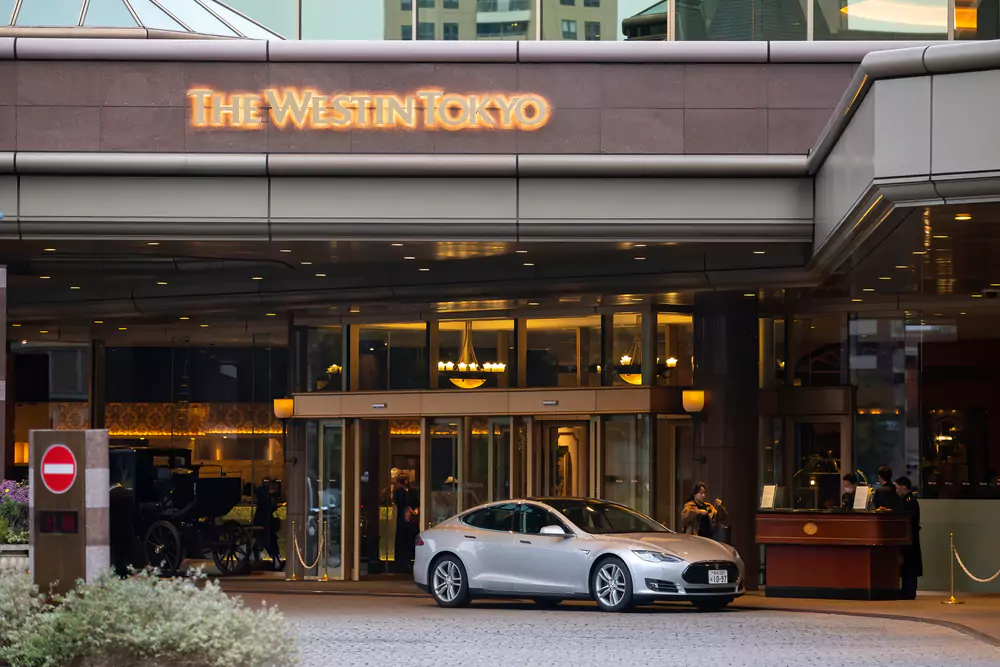
For PropertyGuru’s real estate news roundup, real estate investors are increasing their spending on hospitality properties in Asia Pacific’s major developed markets. In other news, Australia’s real estate leaders are optimistic about their prospects in 2025. Lastly, a surge of foreign investments in high-tech manufacturing will also benefit Vietnam’s real estate sector.
Hotel investors target Asia’s largest markets
As Asia Pacific tourism continues to recover, real estate investors are increasing their spending on hospitality properties in the region’s major developed markets.
MSCI data show more than three-quarters of transactions in the first half of this year were in the three most active markets – Japan, China, and Korea. The top five markets (also including Singapore and Australia) saw nearly 90 percent of transactions. The hotel sector was the only real estate segment to show rising transactions in the half-year.
Nancy Wong, Senior Manager, Regional Research & Consultancy, at Savills Asia Pacific, says: “The resilience and adaptability of the hotel sector, coupled with its ability to provide a hedge against inflation, have positioned it as a preferred investment choice in the current economic climate. Investors have also tended to target mature real estate markets, such as Japan, Korea, Australia, and Singapore.”
‘Business as usual’: Industry leaders predict 2025 property recovery for Australia
Property developer and investor activity has waned under higher interest rates, dampening confidence and weighing on new construction and investment in recent years.
However, industry leaders were optimistic about their prospects in 2025 and told the Property Council of Australia’s Property Congress in Townsville that next year would see a turnaround for property players.
Mirvac group chief executive Campbell Hanan said interest rate cuts – which the market expects to start in the first half of next year – would help stimulate Australia’s property market.
“I certainly feel more optimistic now than I have felt at any time in the last 18 months,” Mr Hanan said on realcommercial.com.au.
“Ultimately, I think interest rates will be the thing that turns the cycle the fastest. There’s a huge amount of pent-up demand in housing in Australia and there’s a huge number of Australians who have been locked out of the market because of interest rates, and that affordability angle will change as the interest rate cycle starts to move.”
Vietnam’s real estate segments benefit from surging FDI inflow in production
Despite a modest influx of foreign direct investment (FDI) in the real estate sector since early 2024, Savills Vietnam sees a silver lining in the surge of FDI into high-tech manufacturing.
According to VietnamPlus, the latest data from the General Statistics Office (GSO) revealed that the total registered FDI in Vietnam reached USD24.78 billion as of late September, marking an annual increase of 11.6 percent. The southern region has been a magnet for FDI, particularly cities and provinces with robust infrastructure, a stable workforce supply, and proactive investment promotion, such as Ho Chi Minh City, Ba Ria-Vung Tau, Binh Duong, Dong Nai, and Ninh Thuan provinces.
Economists attributed this trend to companies seeking to diversify their supply chains or relocate production lines from China, where labour and production costs have become less competitive. Vietnam’s strategic location in the heart of Southeast Asia makes it an attractive alternative.
The Property Report editors wrote this article. For more information, email: [email protected].
Recommended
Exploring A Life By Design’s maximalist approach to interior design
Andrea Savage is embracing the maximalist trend with bold and vibrant interior designs
Jakarta’s emerging innovation hub integrates tech and healthcare sectors
The Digital Hub in BSD City is being positioned as Indonesia’s counterpart to Silicon Valley
Philippine real estate sees growth in regional markets despite challenges in Metro Manila
Amid pressures, developers and investors are capitalising on a range of opportunities to drive growth in the nation's real estate sector
Bali leads the charge in Indonesia’s rental boom while other regions struggle to keep pace
The rental market is soaring in Bali due to its rich cultural heritage and island charm, while other regions of Indonesia are experiencing less success



